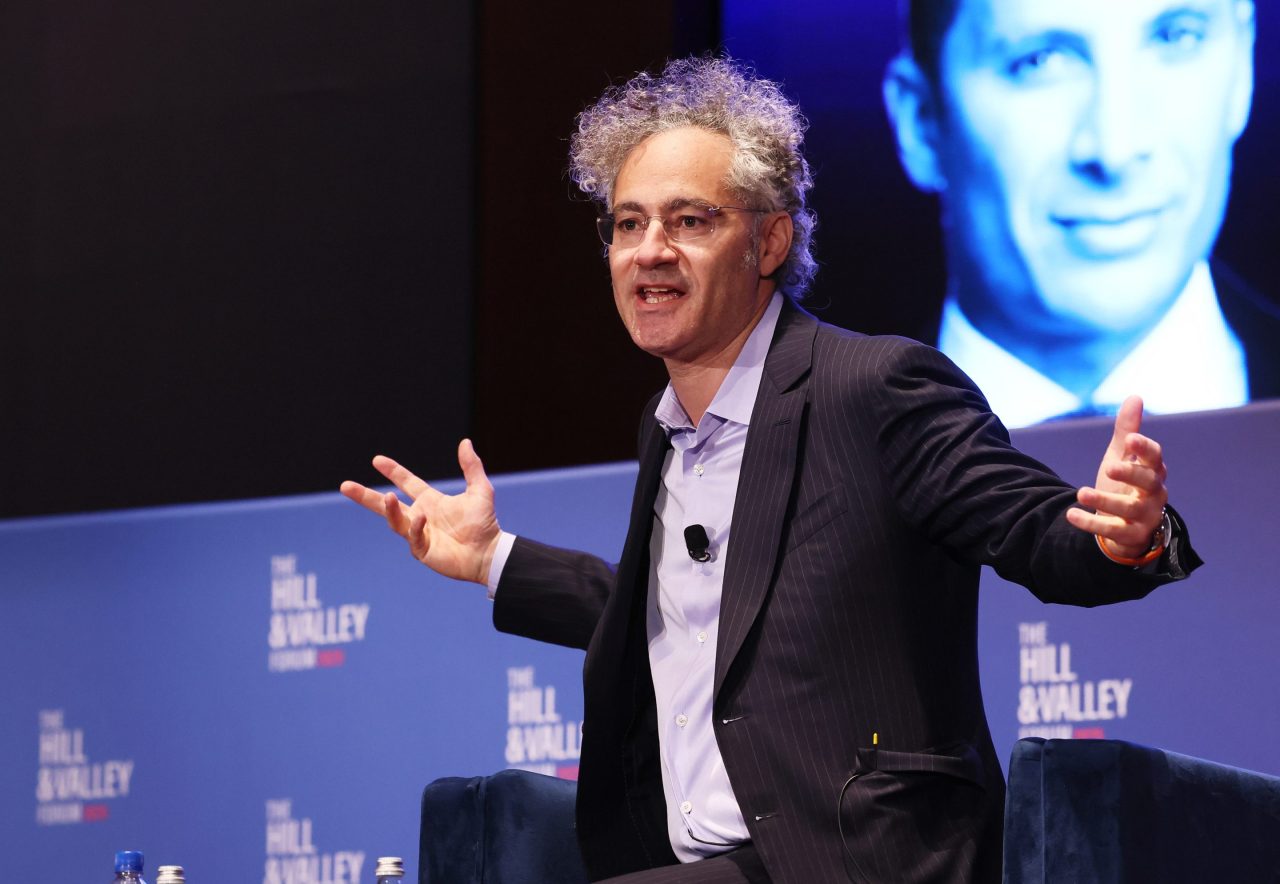In a move marking a significant shift in US policy toward Syria, the $10 million bounty for the arrest of Ahmed al-Sharaa, Syria’s de facto new leader, has been rescinded. This decision followed high-level meetings between US diplomats and representatives of Hayat Tahrir al-Sham (HTS), the group that recently ousted Bashar al-Assad’s regime.
Assistant Secretary of State Barbara Leaf described the discussions with Sharaa as “very productive,” praising his pragmatic approach. The US delegation, which included prominent officials such as hostage envoy Roger Carstens and senior adviser Daniel Rubinstein, arrived in Damascus, marking the first official American diplomatic presence in the Syrian capital in over a decade.
HTS, still designated as a terrorist organization by Washington, is under pressure to transition to a more inclusive, non-sectarian government. The US has laid out clear conditions for HTS to meet before considering the group’s removal from its terrorist list—a critical step toward lifting international sanctions that have crippled Syria’s economy.
During the meetings, US diplomats discussed key principles for Syria’s political transition, strategies to counter the resurgence of the Islamic State (IS), and ongoing regional challenges. Conversations also addressed the fate of missing American citizens, including journalist Austin Tice, abducted in Damascus in 2012, and psychotherapist Majd Kamalmaz, who disappeared in 2017 under Assad’s regime.
The US visit follows similar engagements by delegations from the United Nations, the UK, France, and Germany. As part of their outreach, US officials also met with Syrian civil society groups and community leaders to discuss their aspirations for the country’s future and explore how Washington could support these efforts.
Barbara Leaf clarified during a briefing that delays in the planned press conference were due to “street celebrations,” not security concerns as initially reported. The event underscores the rapid geopolitical changes in Syria since Assad’s ousting and highlights Western efforts to shape its emerging governance structure.
Even as diplomacy unfolds, the US remains focused on counterterrorism efforts. US Central Command (CENTCOM) announced the killing of IS leader Abu Yusif and two operatives in an airstrike in Deir al-Zour province. CENTCOM Commander Gen. Michael Erik Kurilla emphasized that the US would not allow IS to exploit Syria’s volatile situation, warning of the group’s plans to free over 8,000 detained militants in the region.
The US delegation’s visit to Damascus signals a pivotal moment for Syria, reflecting international efforts to stabilize the country while addressing lingering security threats. As Syria navigates its post-Assad era, the path forward hinges on fostering inclusive governance, securing regional peace, and ensuring justice for those affected by years of conflict.




